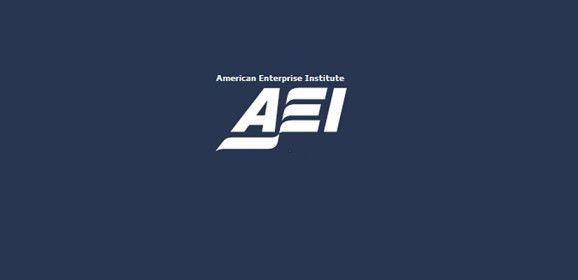Section: American Enterprise Institute for Public Policy Research (USA)
AWOL on the defense budget
This editorial will be published in the March 30 edition of The Weekly Standard.“The single biggest threat to our national security is our debt.”That was a myopic claim when made by chairman of the Joint Chiefs of Staff Adm. Mike Mullen back in September 2011. But for the House Republicans to recycle it now—as Vladimir Putin’s troops gnaw...
Obama’s Asia policy flounders
Thanks to some bold rhetoric and high-profile visits over the past years, Barack Obama’s Asia policy has by and large been seen as a bright spot in his foreign policy. Compared to the disastrous failure to anticipate or contain the Islamic State, the flatfooted response to Vladimir Putin’s invasion of Ukraine, his Hamlet-like...
America’s self-inflicted national security crisis
Over the past several years, knowledgeable witnesses appearing before Congress have testified to an impending crisis in national security. Whether it is the readiness of American personnel, the capability of our ships and aircraft, or the size of the force itself, the warnings have been both frequent and alarming. The Chief of Staff of the Army,...
Low oil prices: Who are the losers?
Trying to forecast any future shifts in oil prices, or their eventual duration, is useless, as I wrote in December. Since that time, oil prices fell even more, then rose by more than a fifth in a matter of days, and then began to fall again — providing those commentators who will never learn with opportunities to argue that we will see $30/barrel...
US military force sizing for both war and peace
Key PointsThe Pentagon employs a force-sizing construct to define the upper limits of what the military is able to do. Although the capability to fight two major, near-simultaneous wars has served as a traditional force-sizing construct and benchmark for America’s superpower status, this standard has been watered down in recent years and...
A currency headwind for the US economic recovery
Among the more striking international economic developments over the past year has been the marked appreciation of the US dollar. US policymakers would be ignoring this development at their peril. Since not only is the recent sharp dollar appreciation likely to both dampen US economic growth and reduce inflation; it is also all too likely to be a...
How dangerous Is Vladimir Putin?
The question which The International Economy posed:Western experts have offered various explanations for Russian President Vladimir Putin’s actions in recent years. Some suggest Putin has been merely reacting to NATO and EU enlargement. Others suggest the Russian leader has succumbed to a bout of irrationality, spawned by a desire to return...
Obama’s China toolkit: In need of serious repair
About a year ago, the Obama administration found itself on the defensive abroad.In late 2013, China had established an Air Defense Identification Zone over the East China Sea, imposing rules that amounted to a Chinese assertion of sovereignty over international airspace and disputed territories. The following month, a Chinese warship halted in...
Obama’s Keystone XL pipeline veto
Experienced vote counters do not believe that either the House or the Senate will muster the two-thirds majority necessary to override President Obama’s veto of the Keystone XL pipeline bill. If so, Mr. Obama’s years of delay and disingenuousness on this issue, culminating in his veto, will guarantee negative consequences for America...
If America is Mars and Europe Venus, how is Europe doing?
“Americans are from Mars and Europeans are from Venus,” wrote Robert Kagan in Of Paradise and Power, published in 2003, just as the United States went into Iraq. Americans, he wrote, see themselves in “an anarchic Hobbesian world” where security and a liberal order depend on military might, while Europe is “moving beyond power into a...



